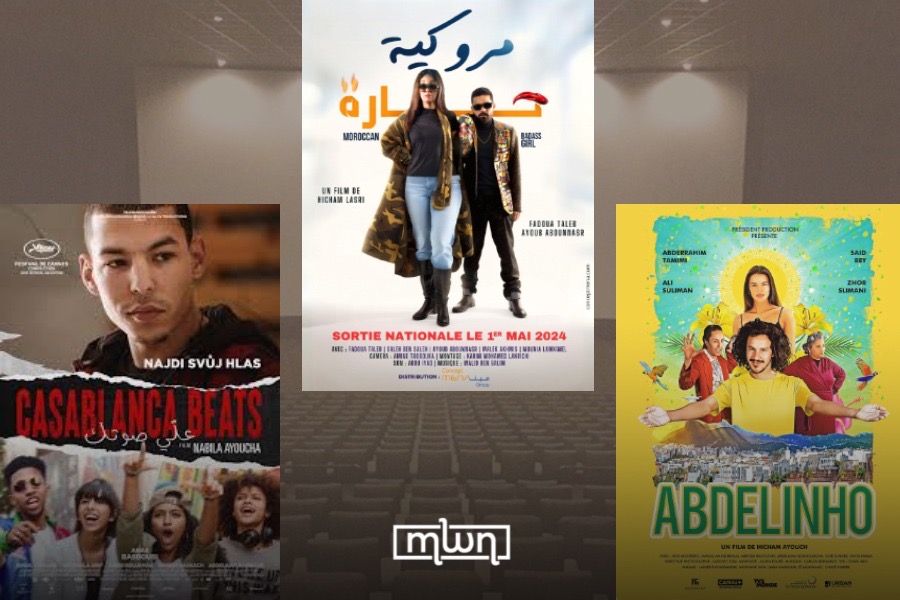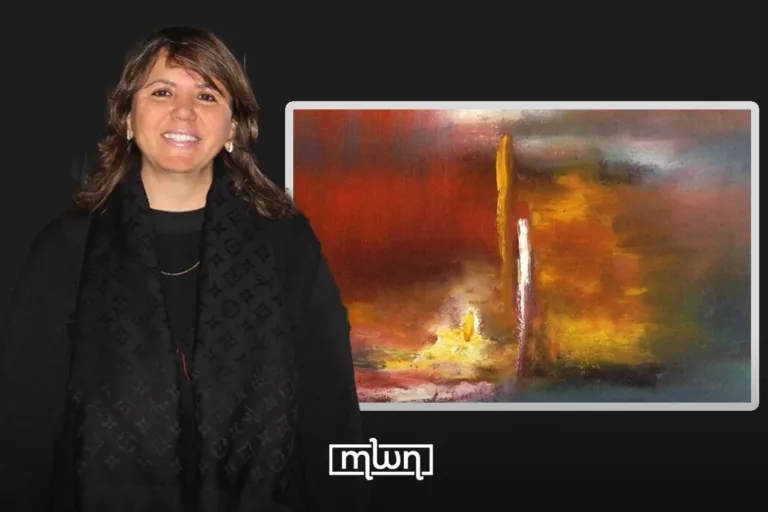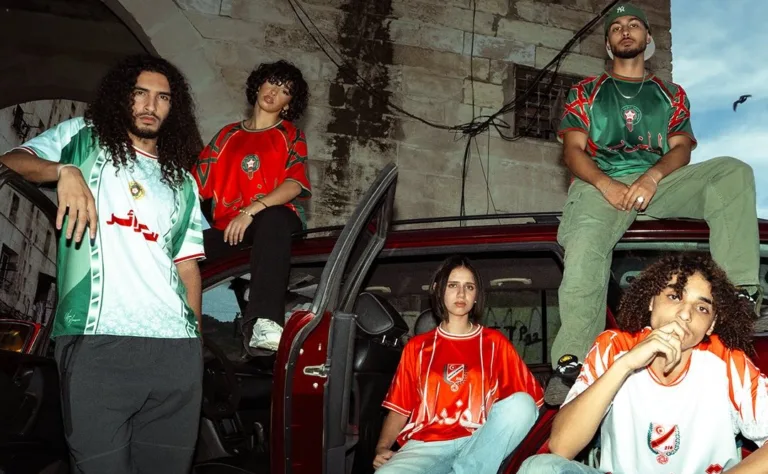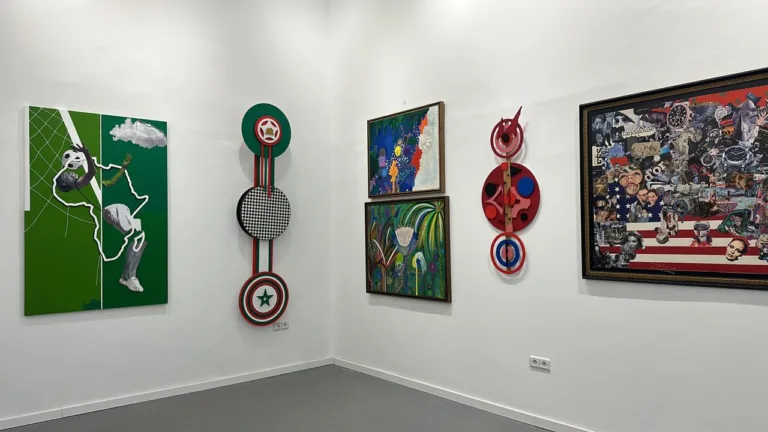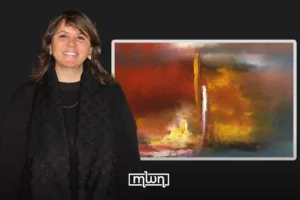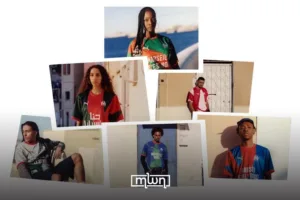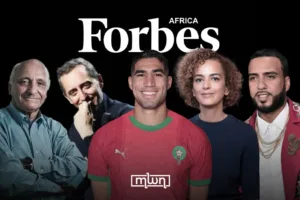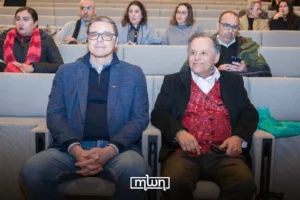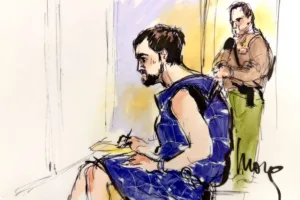It’s no surprise that Moroccan films are getting their recognition – with their ways of blending the personal with the political, weaving tales that feel both intimate and universally relatable.
Marrakech – Moroccan cinema is having a moment, and it’s about time the world noticed.
With its rich storytelling, breathtaking landscapes, and an endless well of cultural nuance, the country’s film industry is stepping onto the global stage.
Platforms like Netflix are paying attention, curating selections that bring Moroccan voices into living rooms worldwide.
The Marrakech International Film Festival (FIFM) has only amplified this momentum. Year after year, it proves Morocco is not just a backdrop for Hollywood epics but a thriving hub of creative talent.
And now, for the binge-watchers among us who prefer not to leave the house for the big screen: here are Moroccan movies that have found a home on Netflix.
‘Moroccan Badass Girl’ (2003)
Casablanca – a city of dreams, chaos, and contradictions – sets the stage for Cathy’s unraveling.
Nearing 30, she’s caught in that awkward space where life feels both full of possibilities and completely overwhelming.
On her worst day yet, Cathy faces judgment from loved ones and strangers alike, the kind that makes you question not just where you’re going, but why you’re even trying to get there.
Directed by the ever-provocative Hicham Lasri, this sardonic tale captures the grit of everyday Casablanca while peeling back layers of societal pressure.
With a sharp script, nuanced performances by Fedoua Taleb and Malek Akhmisse, and Lasri’s signature wit, this film serves as both a love letter to Casablanca and a critique of the suffocating norms that shape so many lives within it.
‘Casablanca Beats’ (2021)
Anas, a former rapper turned teacher, steps into a cultural center with a mission that’s as bold as it is uncertain.
His students, a mix of young dreamers, rebels, and skeptics, are caught between the weight of societal expectations and their longing to find their voices.
Under Anas’s guidance, they turn to hip-hop – a raw, defiant outlet – to break free and tell their stories.
Directed by Nabil Ayouch, this film pulses with the rhythm of change. It’s not just about music; it’s about liberation.
Through rap battles and dance moves, these students navigate questions of identity, gender, and freedom in a world that often silences them.
Anas himself is a fascinating figure. Played by real-life rapper Anas Basbousi, he’s a mentor who challenges his students to dig deep while wrestling with his own disillusionment.
‘Mica’ (2020)
Casablanca’s slums meet its elite tennis courts in Mica, a heartfelt story that serves up grit, dreams, and the unexpected power of mentorship.
Mica, played by Zakaria Inan, is a young boy navigating life’s tough breaks, who finds himself working as a handyman at a posh tennis club.
Sophia, a former tennis champion, spots something special in Mica. Played by the magnetic Sabrina Ouazani, Sophia isn’t just a coach – she’s a lifeline.
Directed by Ismaël Ferroukhi, this film balances the harsh realities of poverty with the transformative power of hope.
It’s not just about tennis; it’s about determination, resilience, and finding someone who believes in you when you can’t yet believe in yourself.
With a script by Fadette Drouard and Ferroukhi himself, the story unfolds with nuance and care.
‘Abdelinho’ (2021)
Abdelinho’s life is a complicated dance between desire and duty, love and repression, in Hicham Ayouch’s compelling drama.
His heart beats for two things. The first: Maria, a soap opera heroine from Brazil, and the vibrant fantasy world she represents. The second: his country, Morocco, where his reality is shaped by harsh, suffocating pressures.
In the midst of a tense, volatile love affair with both the idea of Brazil and Maria, Abdelinho finds himself torn between these dreams and a local nightmare.
Here comes Roberto, the corrupt contractor, whose harassment is a clear reflection of the system’s relentless exploitation.
Meanwhile, in Morocco, Abdelinho faces an entirely different kind of persecution from Amr Taleb, a dogmatic, moralistic priest determined to enforce strict religious purity on the community.
Director Nabil Ayouch, who is also the screenwriter, masterfully juggles these parallel ordeals, painting a picture of a man at war with the world around him and the world inside him.
This is Morocco!
Moroccan cinema is carving out its space on the global stage, and Netflix is playing a key role in bringing these stories to the world.
So, the next time you’re in the mood for something that will make you laugh, cry, or question your own perceptions, why not click over to Netflix and experience the magic of Moroccan cinema?

